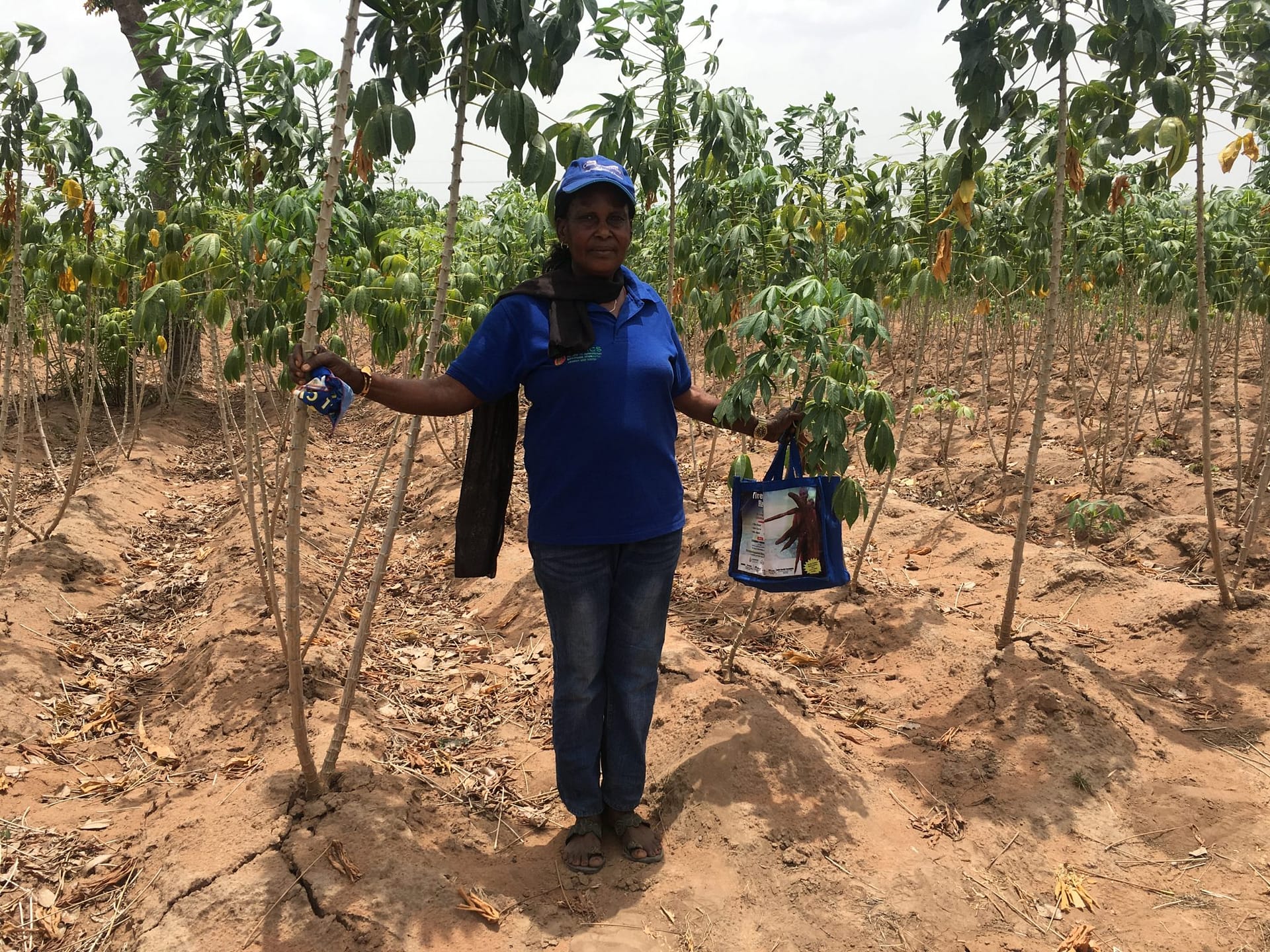Farmers in Benue State Embrace High-Yielding Seeds for Agricultural Growth
Farmers in Benue State are showing renewed hope and confidence in their agricultural pursuits, driven by the availability of high-yielding seeds that promise to elevate their production levels. These innovations have sparked excitement among farmers, who are now looking to transition from small-scale farming to commercial agriculture.
At a recent seed and input fair held in Makurdi, farmers were introduced to advanced seed varieties and eco-friendly agricultural inputs that could significantly enhance their productivity. The event, organized by the International Institute of Tropical Agriculture (IITA) in collaboration with Joseph Sarwuan Tarka University (JOSTUM), provided an opportunity for stakeholders across various value chains—such as rice, cowpea, soybean, and maize—to explore new possibilities.
Ada Oche, a local farmer specializing in maize and cowpea, expressed her enthusiasm about the event. She was particularly excited about a cowpea variety that can be cooked in under 35 minutes. “I can’t wait to plant some of these seeds after the drought,” she said, eager to see the results firsthand.
Other participants at the fair praised the initiative, highlighting how it exposed them to innovative practices that could improve their yields and open up new market opportunities. Vitalis Tarnongu, a large-scale farmer, encouraged others to consider agriculture as a viable business. He emphasized the importance of following best agronomic practices and highlighted the benefits of JOSTUM’s support in transforming farming into a profitable enterprise.
Dr. Teryima Iorlamen, the project team lead, explained that the primary goal of the fair was to showcase the university’s research outputs, many of which were previously unknown to farmers. He pointed out that most farmers still rely on traditional grains rather than certified seeds, underscoring the need for continued education and awareness.
The project team has made significant breakthroughs, including the development of strigga-resistant cowpea varieties that mature in just 60 days and drought-tolerant maize that matures in two months. These developments are being supported by a diverse team that includes socio-economic experts and women representatives, ensuring that the needs of all stakeholders are considered.
Iorlamen also warned about the imminent threat of drought, as predicted by the Nigerian Meteorological Agency (NIMET). He stressed the importance of adopting drought-resistant cowpea varieties to ensure successful harvests during dry seasons.
One of the latest breakthroughs is the Alkam super cowpea variety, developed in the molecular biology laboratory at JOSTUM. This variety represents an improvement over earlier iterations like FUMPEA 1, which farmers found too small. The Alkam variety, known for its milk-like color, has shown excellent performance in field trials across Benue, Abuja, and Zaria.
In addition to cowpea, other varieties such as soybean, sorghum, maize, and rice were showcased at the fair. These offerings reflect the growing diversity of crops available to farmers and the potential for increased profitability.
Professor Phillip Agber, the chief host of the seed fair and dean of the College of Agronomy, emphasized the importance of showcasing the college’s resources and innovations. He noted the collaborative efforts between the university and IITA in supporting farmers.
Mrs. Bose Akinyemi, head of the Crop Department at JOSTUM, reiterated the significance of using quality seeds as the foundation of successful farming. Professor Ngozi Odiaka, director of the Seed Centre at JOSTUM, highlighted the rigorous testing process for seed varieties, including testing in areas with high striga infestation to ensure their resilience.
Representatives from various agricultural organizations, including the All Farmers Association of Nigeria (AFAN) and the Nigerian Export Promotion Council (NEPC), also attended the event. They expressed interest in the quality of seeds and crops, noting the positive impact on export potential.
Doshima Zaki, acting director-general of the Benue Agricultural and Rural Development Authority (BNARDA), emphasized the foundational role of seeds in all farming activities. She encouraged more information to be shared with farmers about legume seeds, as they play a crucial role in daily life and have growing demand in international markets.
With ongoing collaborations and continuous improvements in seed technology, farmers in Benue State are well-positioned to achieve greater success in their agricultural endeavors. The focus on innovation, sustainability, and market readiness is paving the way for a more prosperous future in the region.

